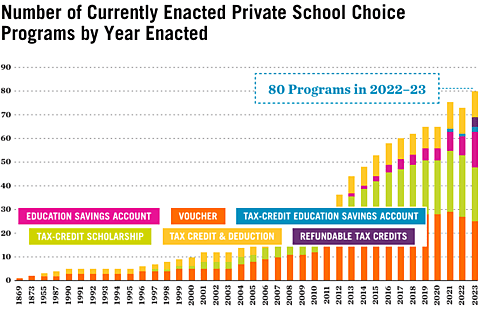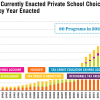To moderate economic downturns,
[g]overnments frequently issue stimulus payments .… Economic theory suggests [such]… payments should be timely, targeted, and temporary, but elected officials usually decide whether to adopt or repeal these programs.
This means that political considerations likely play a role in the design and implementation of fiscal stimulus. New research on
Italy’s 80 Euro Bonus, which originally entailed a monthly payment to all middle-income non-self-employed workers, [finds] … that the bonus yielded large electoral rewards for the ruling Democratic Party that persisted for at least five years, which helps explain why a temporary stimulus policy became a permanent benefits program.
Plus,
targeting poorer voters would have maximized the economic benefits of payments, but electoral incentives pushed politicians to favor middle-income voters who were more likely to reward them at the polls.
So the stimulus was neither temporary nor targeted. Politicians prioritize votes over economic efficiency; the two goals do not consistently align.



















